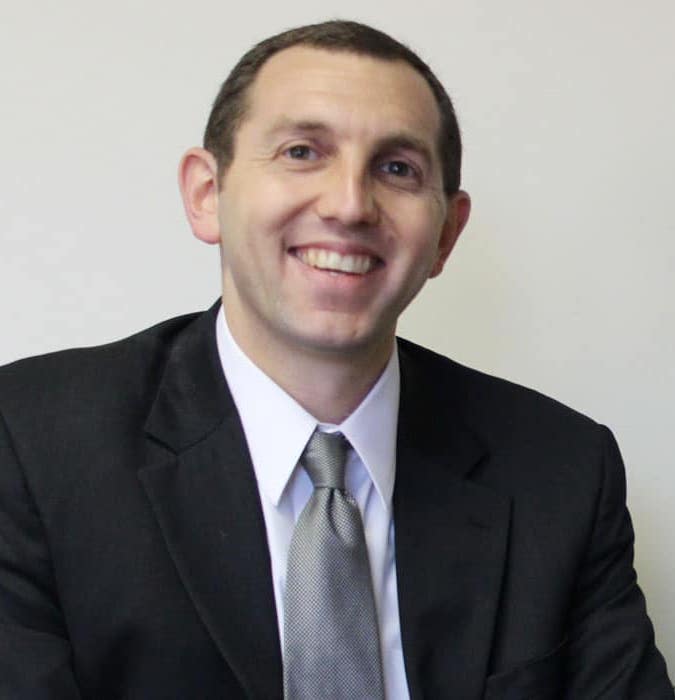Understanding the Different Types of Criminal Charges and Penalties
Any criminal conviction can have serious consequences, but the specific penalties and their severity depend on the nature and classification of the crime. The best way to learn what’s at stake in your specific case is to consult an experienced Jacksonville criminal defense attorney. The information below will give you a general overview of how crimes are classified in Florida and what those classifications mean for a criminal defendant.
Classification of Crimes in Florida
Crimes in Florida are broken into two general classifications: misdemeanors and felonies. With that being said, here in Florida, a misdemeanor is less serious than a felony for two reasons. First, the maximum potential penalty for any misdemeanor will always be less than the maximum potential penalty for a felony. Second, being convicted of a misdemeanor will not trigger not a loss of constitutional rights like the right to vote or to carry a firearm. Unfortunately a conviction of a felony in Florida will result in a loss of several significant constitutional rights. Thus felonies are clearly the more serious category of criminal offenses in Florida. However, misdemeanor convictions can still be very serious and can significantly impact the way a person lives or their ability to make a living. Thus if you or a loved one is charged with a felony or a misdemeanor it is always best to consult an experienced Jacksonville criminal defense attorney. It is also worth knowing that the maximum possible sentence for a misdemeanor in Florida is one year in jail, while all felonies carry a maximum potential sentence of over a year of incarceration.
Within each category, there are narrower classifications.
Misdemeanor Crimes
Florida misdemeanors are broken into just two classifications:
- Misdemeanors of the second degree, which carry a maximum possible penalty of up to 60 days in jail and a fine of up to $500
- Misdemeanors of the first degree, which carry a maximum possible penalty of up to one year in jail and a fine of up to $1,000
Now whether or not an individual may receive a sentence that includes incarceration depends on a variety of factors including but not limited to the specific facts of the offense, a defendant’s prior criminal history, whether the defendant has support in the community, and the wishes of the victim. But the best way to learn about all of the factors that may impact your case or that of a loved one is to confer with an experienced criminal defense attorney. In some cases based upon a litany of factors including the work of an attorney it may be possible to resolve a case without any incarceration. It is also worth noting that for misdemeanor offenses a judge can place a defendant on a period of probation. The maximum term of probation that a defendant faces for a second degree misdemeanor is six months, while for a first degree misdemeanor the maximum term of probation is twelve months.
Certain crimes may also carry other specific consequences. For example, a first-offense DUI charge is a misdemeanor in Florida, and the law requires that anyone convicted of DUI recive a litany of specific penalties including a driver’s license suspension.
What Types of Crimes are Misdemeanors in Florida?
While misdemeanors are crimes classified as less serious than felonies, they are not necessarily trivial. Some crimes classified as misdemeanors in Florida include:
- Theft of property valued at less than $750
- Battery (first offense)
- DUI (first offense)
- Trespassing
- Possession of less than twenty grams of marijuana
- Prostitution (first offense)
- Indecent exposure
- Certain types of fraud
- Resisting an officer without violence
It’s important to note that some crimes that are classified as misdemeanors may be charged as felonies if the defendant has a prior offense, or if certain elements, such as the use of a weapon, are present.
To learn more about the possible penalties in your case and how your criminal defense lawyer may be able to help you fight the charges or reduce the penalties, schedule a free consultation as soon as possible after you are charged or learn that you are going to be charged with a crime. You can get started right now by calling 904-513-3905.
Felony Crimes
The felony category includes all crimes with a possible penalty of more than one year in jail, which is quite a wide range. So, there are many more felony classifications than there are misdemeanor classifications. These include:
- Felony of the third degree, which carries a maximum possible penalty of up to five years in prison and a fine of up to $5,000
- Felony of the second degree, which carries a maximum possible penalty of up to 15 years in prison and a fine of up to $10,000
- Felony of the first degree, which carries a maximum possible penalty of up to 30 years in prison and a fine of up to $10,000
- Felonies of the first degree punishable by life, which carries a maximum possible penalty of up to life in prison and a fine of up to $15,000
- Life felony, which may carry a sentence of up to life in prison and a fine of up to $15,000
- Capital felony, which is punishable by death or life in prison without the possibility of parole
What Types of Crimes are Felonies in Florida?
Some crimes classified as felonies in Florida include:
- Robbery
- Burglary
- Sexual battery
- Aggravated battery
- Theft of property valued at more than $750
- Arson
- Murder
- Grand Theft Auto
- Sale of a Controlled Substance
- Trafficking in a Controlled Substance
- Resisting an Officer with Violence
- Accessory After the Fact
- Witness Tampering
- Perjury
Felony penalties are more complex than misdemeanor penalties, for a variety of reasons. For example:
- The range of possible sentences for a felony charge is much greater, meaning that two people convicted of the same crime might receive very different sentences. (For instance if two people were convicted of grand theft it is possible for a judge to sentence one to probation and the other to five years in prison.)
- Many felony crimes are classified differently depending on variables such as the severity of the injury caused, the age of the victim, or the value of the property.
Other Consequences of Criminal Convictions
Certain Types of Crimes Carry Additional Consequences
In addition to the sentencing ranges associated with crimes by their classification, certain crimes have additional consequences. For instance:
- Some driving related crimes carry a driver’s license suspension or revocation along with other penalties
Indirect Consequences Can Be Serious
Some criminal convictions lead to indirect consequences–that is, consequences that are not imposed by the sentencing court. Some examples include:
- Limitation on employment opportunities
- Loss of a professional license
- Disqualification from owning a firearm
- Administrative suspension of driving privileges
- Increased automobile insurance rates
- Disqualification from receiving some grants and scholarships
- Limitations on housing opportunities
It would be impossible to list the possible direct and indirect consequences of every type of crime and possible aggravating factors. If you’ve been charged with a crime, your best next step is to talk to an experienced local criminal defense lawyer.
Contact a Jacksonville Criminal Defense Attorney Today
Criminal defense lawyer Matthew Lufrano has been representing Florida criminal defendants since 2009. In that time, he’s tried more than 80 criminal cases before Florida juries and has been certified as an Expert in Criminal Trial Law by the Florida Bar.
Mr. Lufrano knows how important the time immediately after an arrest and criminal charge can be, and how easy it is to make missteps during that time that could harm your defense and lead to more serious consequences. That’s why he offers free consultations to allow people charged with crimes in Florida to get the information and guidance they need right away. To learn more about how Lufrano Legal, P.A. can help you assert your rights and fight criminal charges, call 904-513-3905 right now, or fill out the contact form on this site.

Since graduating from law school and passing the Bar Exam in 2009, Matthew Lufrano has practiced exclusively as a criminal defense attorney and his sole focus has been defending the rights of the accused. As a defense attorney, Mr. Lufrano has tried 80 jury trials to verdict and in 2017 the Florida Bar recognized Mr. Lufrano as a Board Certified Expert in Criminal Trial Law. Today Mr. Lufrano not only owns and operates Lufrano Legal, P.A., but he also serves as the President for Jacksonville’s local chapter of the Florida Association of Criminal Defense Lawyers.
